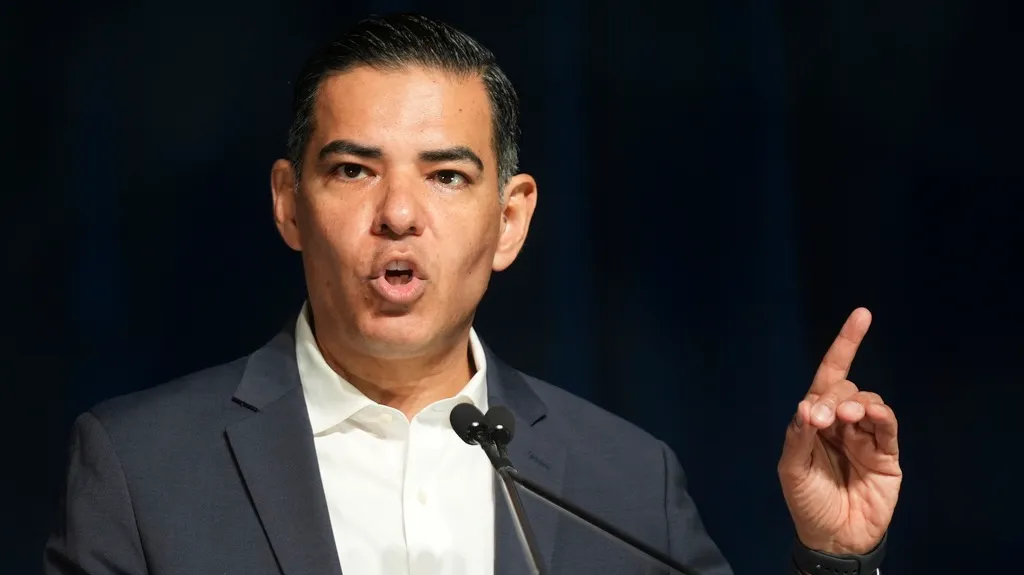May 12, 2022
Lawmakers in Louisiana Strive to Resurrect Florida-Style 'Don't Say Gay' Bill
Kilian Melloy READ TIME: 2 MIN.
A Louisiana bill modeled after Florida's "Don't Say Gay" law was too extreme for state lawmakers, who shot it down – but the bill's sponsors are trying to resurrect the measure, political news site the Hill reported.
As previously reported, the Louisiana bill, introduced by Republican state representative Dodie Horton, would have criminalized classroom discussion of LGBTQ+ issues through eighth grade. It also would have outlawed school staff acknowledging their own gender identity or sexual orientation all the way up through 12th grade.
Critics noted that such draconian restrictions would make it an offense to ask to be addressed as "Mr.," "Miss," or "Ms."
Though the bill died in committee, the Hill reported, "Rep. Raymond Crews (R), who helped author the legislation, made a motion Tuesday on the House floor for the bill to be heard in a 'Committee of the Whole,' which would resurrect the measure and move it to the full House floor for consideration."
Like the Florida "Don't Say Gay" law, the bill is written in a vague, broad manner, the report noted, specifying that "No teacher, school employee, or other presenter shall cover the topics of sexual orientation or gender identity in any classroom discussion or instruction in kindergarten through grade eight."
The Hill's report indicated that the banning of school staff acknowledging their own sexuality or gender identity all the way through the high school grades remains part of the measure.
Horton, in talking about the bill, referred to sexual orientation as a "lifestyle choice," and declared, "Regardless of the topic, no teacher should use their position to push their own personal beliefs or ideology on the impressionable minds of their students."
The bill, though broad, does not encompass all topics of discussion. Classroom instruction on economic models and systems of government, for instance, seem not to be covered under the provision.
Even so, Horton claimed that the measure "is an attempt to protect our most innocent from indoctrination of any kind," and posited that "My bill seeks to protect our children from undue influences and personal preferences or ideologies," the Hill relayed.
Kilian Melloy serves as EDGE Media Network's Associate Arts Editor and Staff Contributor. His professional memberships include the National Lesbian & Gay Journalists Association, the Boston Online Film Critics Association, The Gay and Lesbian Entertainment Critics Association, and the Boston Theater Critics Association's Elliot Norton Awards Committee.


